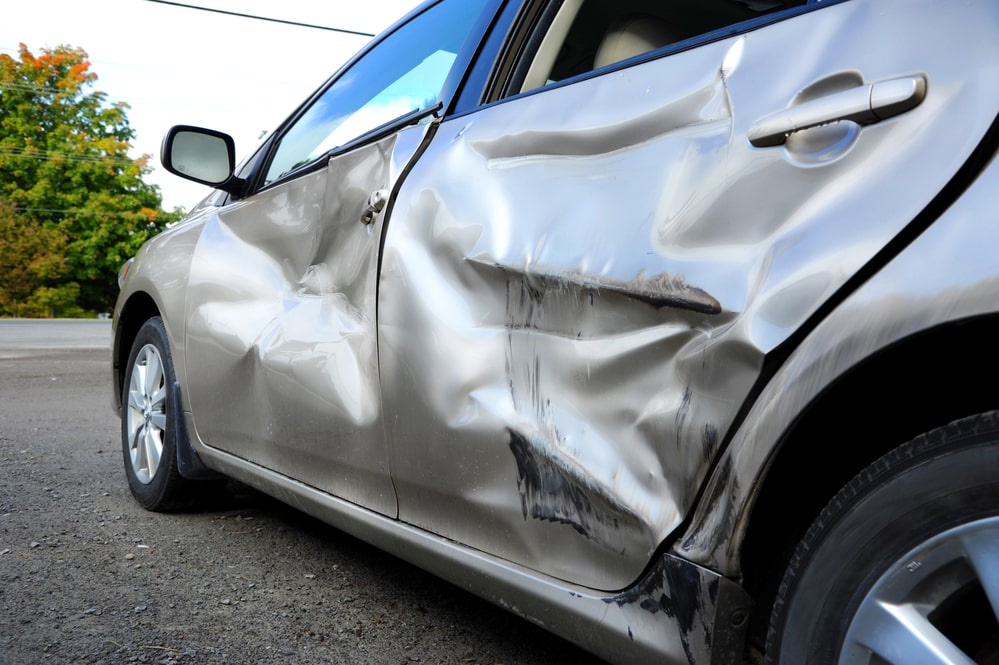
Meeting with a car accident lawyer for the first time can feel overwhelming — especially when you’re still recovering from the physical, emotional, and financial toll of a crash. But being prepared for that initial consultation can make a big difference in how smoothly your case moves forward.
To help your lawyer evaluate your case effectively, it’s important to bring certain documents and information. Here’s a helpful checklist of what you should gather before your first meeting.
Accident Report Or Police Report
If the police responded to the accident scene, they likely filed an official report. This document contains important details, including the date, time, location, and a narrative of what happened — as well as any citations issued. If you don’t have a copy yet, bring the report number or information about the responding agency so your lawyer can request it.
Photos And Videos
As our friends at Rasmussen & Miner can attest, visual evidence can be extremely valuable. If you took any photos or videos of the accident scene, your vehicle, the other vehicles, road conditions, skid marks, or your injuries, bring them to your consultation. These visuals help illustrate the extent of the damage and may support your version of events.
Medical Records And Bills
Bring all records of medical treatment you’ve received since the accident. This includes emergency room visits, doctor’s notes, prescriptions, physical therapy, and imaging (like X-rays or MRIs). Also bring bills and invoices related to your treatment, as they help your lawyer calculate your damages.
Insurance Information
Bring your auto insurance card or policy, as well as any correspondence you’ve received from your insurance company or the other driver’s insurer. If you’ve filed a claim or spoken to an adjuster, let your lawyer know what was discussed. This helps them handle future communication on your behalf.
Driver And Witness Information
If you collected contact details from the other driver(s) or any witnesses, bring that information to your lawyer. This can include names, phone numbers, license plate numbers, and insurance details. Witness statements can be crucial for establishing fault.
Work And Income Details
If your injuries have kept you from working, bring documentation showing your income and employment status. Pay stubs, tax returns, or a letter from your employer can help prove lost wages or diminished earning capacity.
Your Personal Notes
If you’ve kept a journal or notes about your pain, emotional distress, and how your injuries have impacted your daily life, bring that too. These records help your attorney understand the non-economic damages you’ve suffered, such as pain and suffering or loss of enjoyment of life.
Why Preparation Matters
Your first meeting is your opportunity to give your lawyer a clear picture of what happened and how it has affected your life. The more organized and thorough you are, the better your attorney can assess your case and begin building a strategy to protect your legal rights and seek fair compensation.
Come prepared. A well-documented case puts you one step ahead when negotiating with insurance companies or heading to court.
